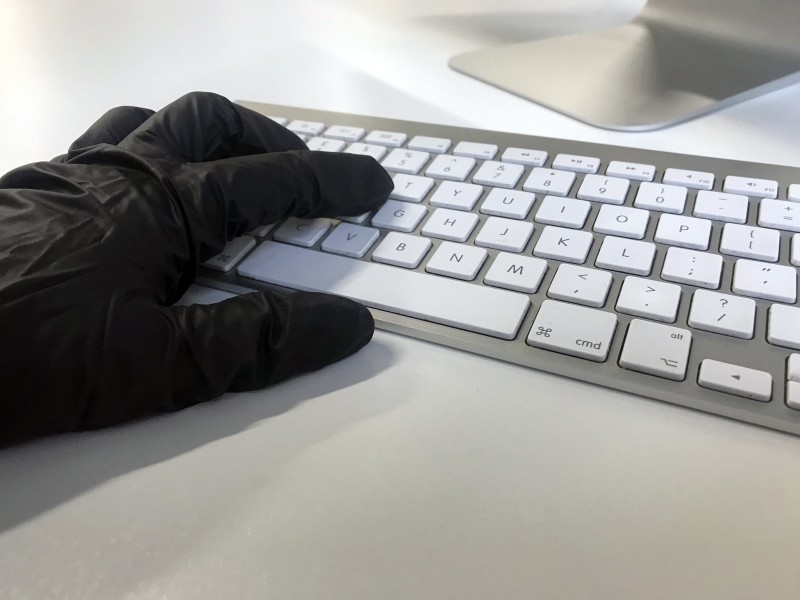Nigerian authorities brought 53 individuals, including 40 Chinese nationals, before the Federal High Court in Lagos this week on charges of cyber fraud and identity theft. The suspects are believed to have been involved in defrauding victims worldwide.
The Economic and Financial Crimes Commission (EFCC) accused the defendants of offenses ranging from cybercrimes and cyber-terrorism to impersonation, possession of forged documents, and identity theft.
Five defendants were accused of using computer systems to “destabilize” Nigeria’s constitutional structure by “employing Nigerian youths [to commit] identity theft” and impersonate individuals of foreign nationalities.
One Chinese defendant, Liu Ke Fan, was specifically charged with impersonating a 28-year-old American woman named “Lina,” allegedly to defraud unsuspecting victims.
All 53 pleaded not guilty to the charges in court and will remain in custody until their next hearings later in February and in March.
Nigerian law enforcement initially arrested all 53 last December in an operation dubbed “Eagle Flush Operation.” The EFCC busted what it described as a vast network of 792 individuals involved in cryptocurrency investment and romance scams. The syndicate included 193 foreigners and 599 Nigerians.
Authorities have also temporarily seized digital assets worth $222,729, which they claim are proceeds from unlawful activities. According to the EFCC, these assets will be permanently forfeited to the Nigerian government unless challenged by any interested party within 14 days of the court order's publication in a national newspaper.
During the raid, they also seized 500 Nigerian telecom SIM cards, desktop computers, mobile phones, laptops and several cars from the syndicate’s seven-storey base in Lagos.
The EFCC alleges that the syndicate funneled the proceeds of its fraudulent activities through Genting International Co. Limited, a Nigerian-registered company allegedly set up by foreign nationals.
In an affidavit circulated in the Nigerian press, EFCC officer Owolani Tawio stated that over 2.26 billion Nigerian naira ($1.5 million) was deposited into the company’s Union Bank account between April and December 2024.
The funds primarily came from two crypto sellers, Chukwuemeka Okeke and Alhassan Aminu Garba, who received a total of $2.39 million from the syndicate through peer-to-peer trading. These funds were traced back to Ponzi schemes, including Conti.VIP.






